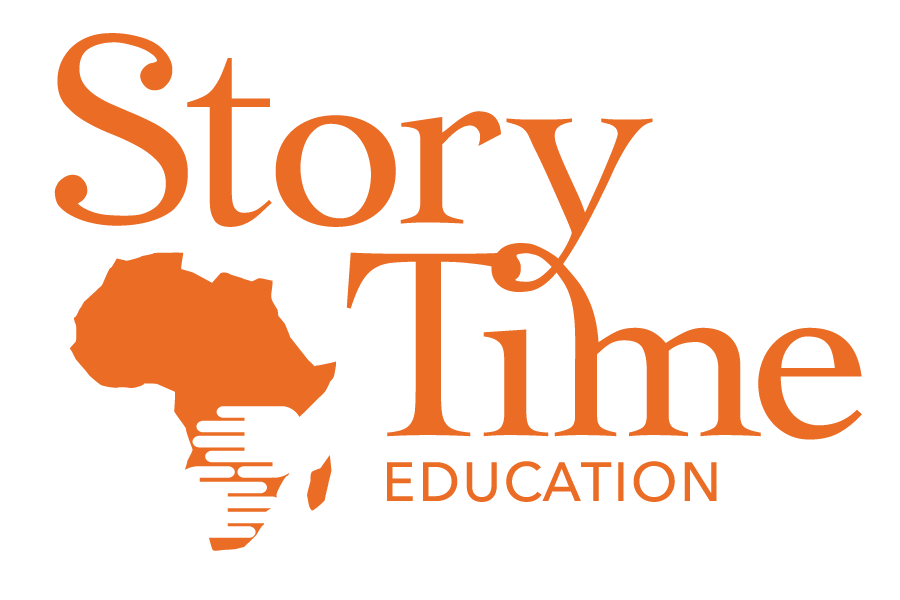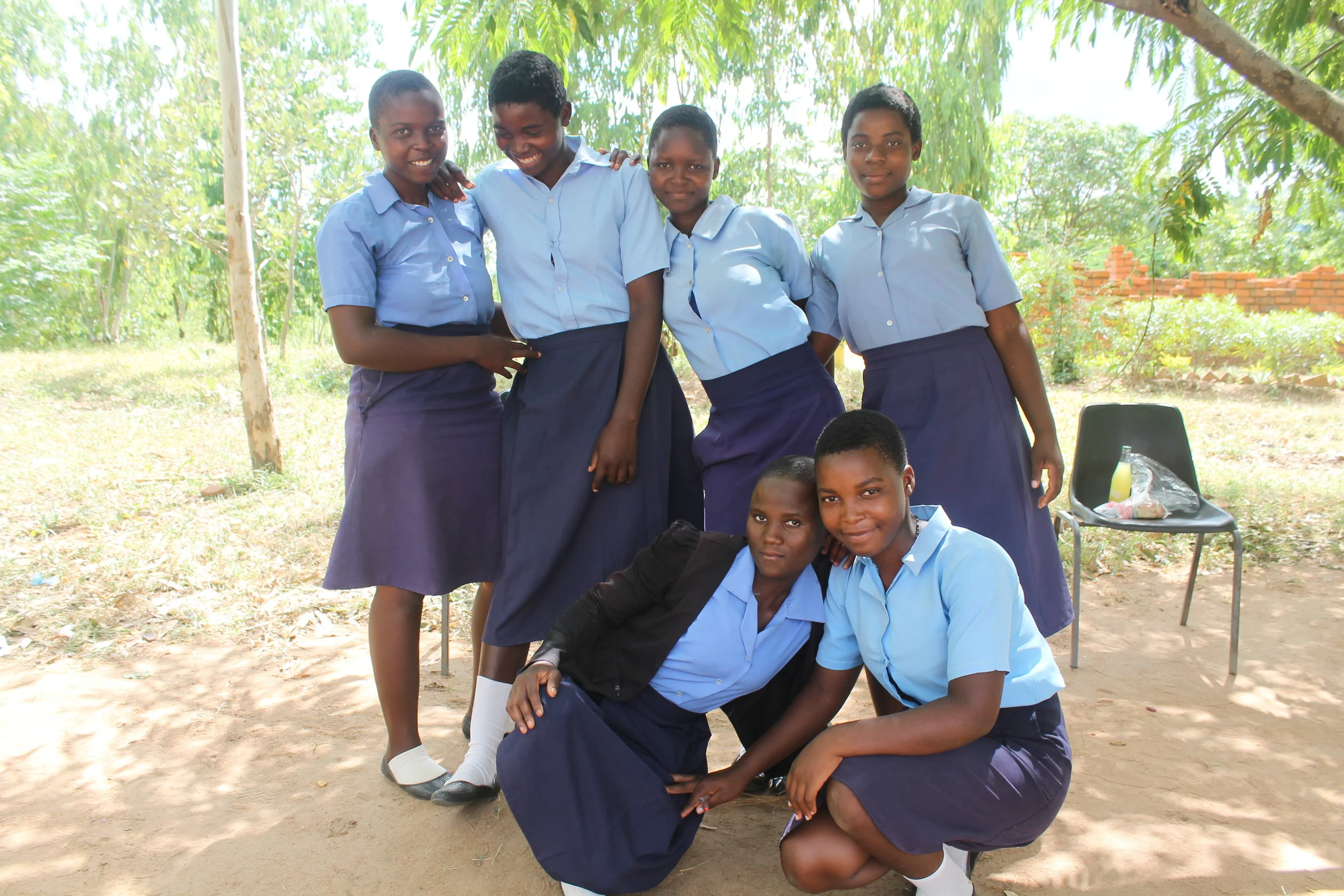in her sight
Women’s Empowerment Project
A field near Nsondole.
WEP works to create more ways to help connect and provide opportunities for women and girls within the community. In Malawi, many people contribute to the health and safety of girls in the community.
Ahamadu grows crops to support his family and his children's education.
Ahamadu is a local farmer who supports his family and children’s education by growing crops to sell and pay for school fees. As a farmer, he grows crops such as maize, groundnuts, pigeon peas, and sorghum. Ahamadu described that every farming has to do with fertilizer. A major challenge accessing fertilizer is getting the financial means; “each bag is 22,500 for growth, you also apply urea fertilizer. Urea fertilizer is 21,500. If you want an acre, you have two bags of each. Total is 88,000 KW.” Despite the financial challenges like school fees, Ahamudu’s children attend school. He hopes that they will continue to gain and learn as much from their schooling as possible, especially his daughters. Hearing from Ahamadu, he deeply values his daughters’ education and their chance to succeed. Others in the community around Nsondole CDSS echo this sentiment, which has allowed the initiatives of Women’s Empowerment Project to prosper.
Emma participated in the WEP sewing workshops, one of many young girls adding to the conversation of women’s health in Malawi.
Access to store-bought sanitary pads is a challenge.
Emma is a young student who has participated in our WEP workshop that taught girls how to make reusable sanitary pads. Emma described her perspective and the conversation surrounding the topic of menstruation; she said access to store bought sanitary pads was a challenge. Many girls who menstruate cannot buy store-bought sanitary pads because there may not be stores nearby to purchase them as well as because the girls may not have the financial ability to afford them.
Establishing support within the community is key to changing the narrative on menstruation.
Sunganini had also participated in our WEP workshops. She spoke about how WEP is on the way to do potentially more for the community by continuing to build on the workshops. WEP workshops are already established and expanding to reach more of the community, and Sunganini voiced her hope they can help change the narrative around menstruation.
Sunganini has helped develop the WEP for the incoming students of Nsondole.
Speaking with Ahamadu, Emma and Sunganini has allowed insight into the conversation around education and women’s health. The next steps moving forward regarding WEP include further providing access and support. We are working to implement more workshops that would help provide knowledge and support the community. These are tools to continue to unite the community.
To learn more about WEP, workshops, full-spectrum support, and its impacts, click here.





